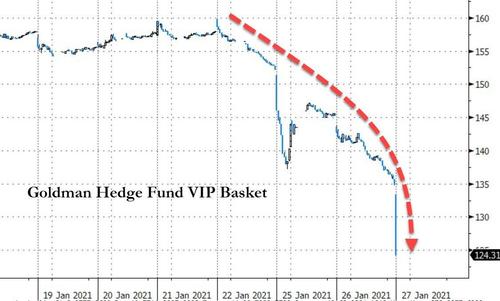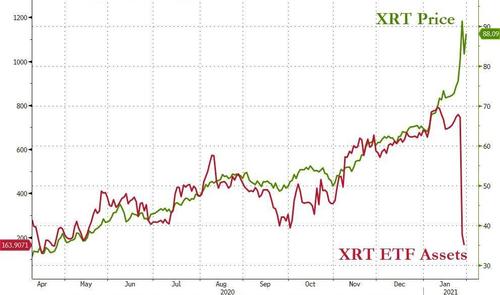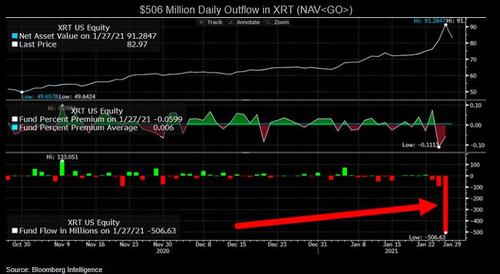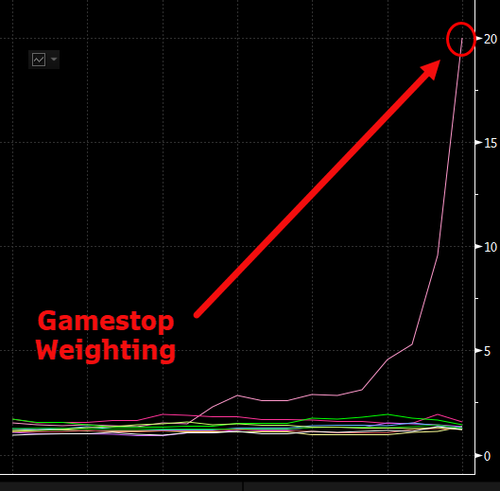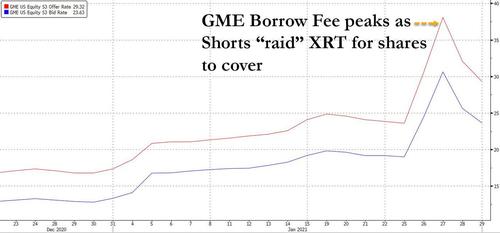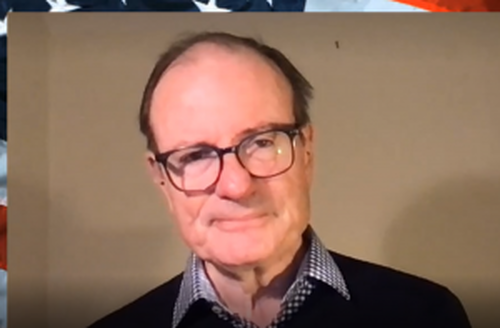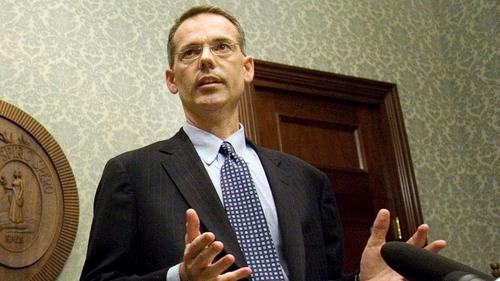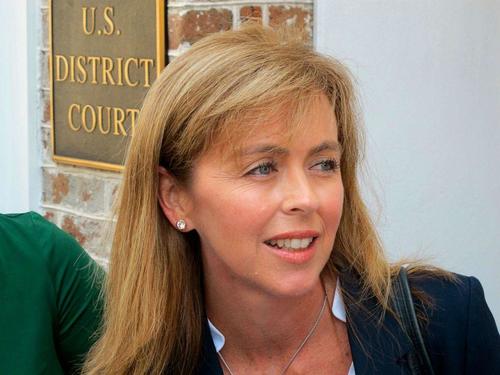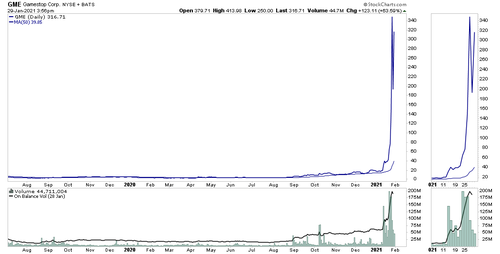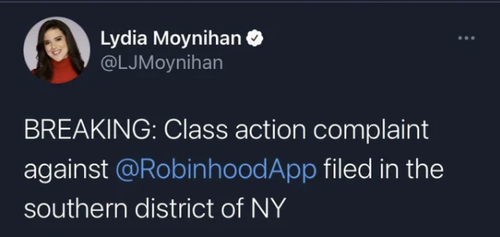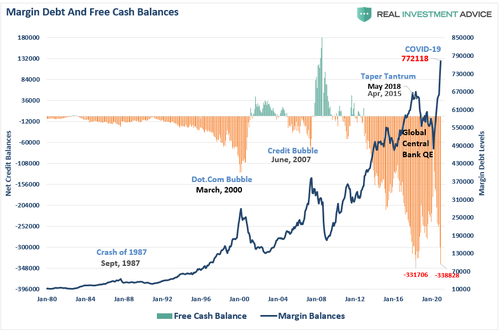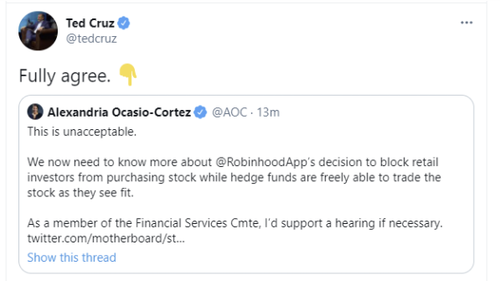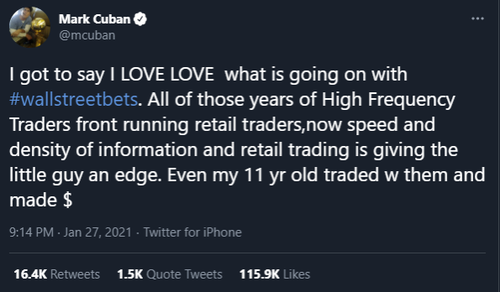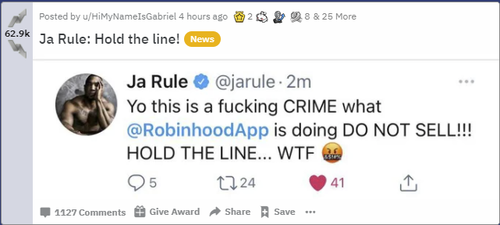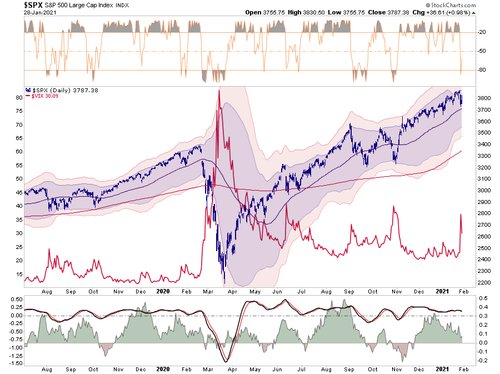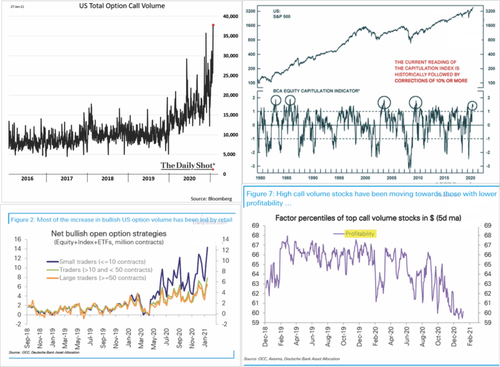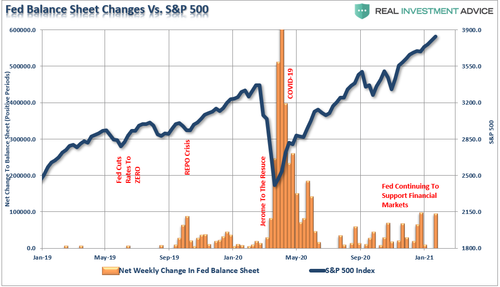Thursday, Senator Mike Lee, himself an accomplished lawyer, published an op-ed concluding,
Although it is a close question, and the relevant constitutional text is susceptible to multiple interpretations, the most natural reading leads me to conclude that the Senate should not conduct an impeachment trial where, as we are facing today, the person impeached is no longer in office.
Article 1, Section 3, Clause 6 provides that “when the President of the United States is tried, the Chief Justice shall preside.” And Article 2, Section 4 mirrors this formulation, stating that only the “president, Vice President, and all civil Officers of the United States” may be impeached.
These sections do not say that “a” president or “a former president” or “anyone who has served in that office” may be impeached. It says “the” president. There is a difference between “the” president and “a” president, and there can be no dispute that “the” president is not Donald Trump but Joe Biden. The former remained in office, and on that basis, was subject to impeachment until noon on Jan. 20, 2021. The latter was not subject to impeachment until that very same moment but now is.
Our own Prof. Eugene Kontorovich (George Mason) also published an op-ed Friday reaching the same conclusion (I hope he’ll post an excerpt from it himself later today), and Prof. Philip Bobbitt (Columbia) had a similar post Wednesday at Lawfare, which begins:
Donald Trump deserves punishment for the long campaign to discredit the results of the 2020 election that culminated in his inciting the Jan. 6 attack on Congress and the Capitol. Nevertheless, the Senate is making a mistake in holding a trial of the article of impeachment, which is scheduled to begin the week of Feb. 8, after the president leaves office. Doing so subverts the law in an effort to punish someone who subverted the law.
On the other hand, back in 2001, Prof. Brian Kalt (Michigan State) presciently wrote a whole law review article on the issue, The Constitutional Case for the Impeachability of Former Federal Officials: An Analysis of the Law, History, and Practice of Late Impeachment, which makes me especially pleased to pass along his response to Sen. Lee’s op-ed (I would have happily posted the entirety of Sen. Lee’s op-ed as well, but was reluctant to do that, given that it had already been published elsewhere):
Sen. Lee starts by saying that Article II, § 4 “stat[es] that only the ‘president, Vice President, and all civil Officers of the United States’ may be impeached.” (That’s not what § 4 states, to be precise, but it can be interpreted this way.) Lee contends that this means only “the” president may be impeached, not anyone who was ever president. But Donald Trump was president when the House impeached him on January 13. Lee does not—and cannot—argue that the House lacked the power to do this. And Article I, § 3, cl. 6 gives the Senate exclusive power to “try all impeachments,” without saying anything to restrict the timing of the trial. Lee does not address this either. More broadly, he does not engage the distinction between the timing of the offense and the timing of the trial.
He also ignores evidence other places that the Constitution regulates the possible consequences of officials’ actions. There too, the key is that the official was in office at the time of the offense, not at the time of the trial. For instance, the Speech and Debate Clause makes “senators and representatives” legally immune for their legislative acts—a protection that covers ex-senators and ex-representatives for acts they performed in office. Similarly, “members” can be punished by each house for disorderly behavior, and this power has been used to punish ex-members for things they did as members.
Lee next turns to Article I, § 3, cl. 7, which says that impeachment judgments “shall not extend further than to removal from office, and disqualification to hold [future office].” Lee says: “I read this clause—in particular, the use of the conjunctive ‘and’ rather than the disjunctive ‘or’—to establish removal as a condition precedent to the remedy of disqualification. If a public official is subject to removal through the impeachment process, then he or she is subject to disqualification. If not, then the opposite is true.”
Don’t be thrown off by the lawyerly lingo of conjunctive, disjunctive, and conditions precedent; just read the clause. It provides an outer limit for impeachment consequences: the Senate can’t go further than X-plus-Y. The point of the clause is that Senate cannot do Z, not that it must do X before it can do Y. (Separately, Article II, § 4 requires removal when applicable, though Lee does not mention that. In any case, that requirement is best read as keeping convicts out of office, not as protecting offenders from disqualification if they leave office first.)
The correct reading of Clause 7 becomes even more obvious when one looks at the whole clause. The clause’s second half, which Lee omits, provides that impeachment convicts are still subject to whatever consequences the criminal law might dole out. This was a departure from British impeachment, in which impeachment cases were not separated from the criminal process in this way. In Britain, impeachment could result in the full range of criminal punishments. The American version needed to make clear that only removal and disqualification could be leveled; fines, prison, or death would not be on the table.
Lee’s venture into constitutional history is short. He says that the Framers “chose a design that was different than the English impeachment system, under which any private citizen could be impeached.” But this is still a non sequitur, given that Trump was impeached when he was president, for his actions as president. And it ignores the practice of states. Around the time the Constitution was drafted and shortly afterwards, multiple states impeached and convicted ex-officials for things they had done in office. Some did so on the basis of state constitutional language that tracked the federal constitution. The Framers understood this possibility and did not explicitly exclude it.
While removal was important, the Framers also intended impeachment to serve other functions. Impeachment would also deter public misconduct and, failing that, provide a forum to investigate perpetrators and hold them accountable. It would be odd if the Framers designed the impeachment system so that deterrence and accountability were no longer an option in the final weeks of a president’s term. Indeed, it’s hard to imagine Senator Lee refusing to try a Democratic president impeached in his last week in office for, say, granting a mass pardon to all Antifa members. But these structural considerations are absent from his discussion.
Finally, Lee considers two precedents. He points to how the Senate dismissed the impeachment case against ex-Senator Blount in 1798—but skips over all evidence that the dismissal was because of the “senator” part and not the “ex” part.
Next is the impeachment and trial of ex-secretary of war William Belknap in 1876. Lee admits that the Senate voted in favor of jurisdiction, but stresses that Belknap was ultimately acquitted. Lee is right that Belknap’s acquittal does weaken the precedent somewhat, but he ignores that Belknap, unlike Trump, had left office before even being impeached—and thus that the case for jurisdiction in Trump’s case is stronger.
Lee also leaves out some interesting partisan dynamics. The Republican Belknap was impeached unanimously by the House despite having already left office. Republicans had a solid majority in the Senate and a party-line vote would have been strongly against jurisdiction. But rather than toss the case, the Republican Senate held a serious, month-long debate. In the end, 13 of the 39 Republicans senators voted that there was jurisdiction, and the trial proceeded for two more months.
It is unlikely that the Senate will have a similarly serious debate this time. It is also unlikely that a similar proportion of Republicans will vote against their partisan interest. But it is worth noting that if they did, that same proportion (when rounded) would yield 17 Republican votes today—exactly the number needed to attain a two-thirds majority to convict.
from Latest – Reason.com https://ift.tt/3ow7vy5
via IFTTT

